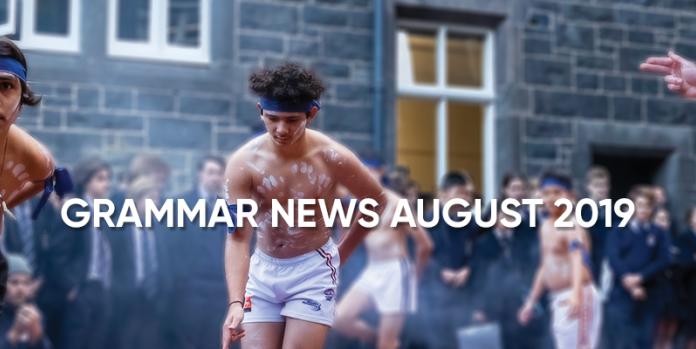For Year 11 debater, Patrick Irwin, initiating and organising an inter-school Model United Nations (UN) competition was a natural fit.
The competition, which brought together students from leading Melbourne schools at the end of May, encourages confidence in public speaking along with valuable negotiation and teamwork skills.
“I’m extremely pleased with how our Model UN competition went,” Patrick says. “The quality of the event was all down to the students who participated. Everyone contributed extremely well.”
The Model UN competition gave students insights into the workings of global-level diplomacy. Participants represent their chosen country and negotiate to pass the kinds of resolutions debated at the UN Security Council. In the May competition, topics on the table included Cameroon’s Anglophone Crisis and the question of how to manage cybersecurity and global espionage.
“All five of the ‘great powers’ – the UK, France, Russia, China and the US – must vote ‘yes’ to a resolution, otherwise it automatically fails, regardless of how many other countries vote ‘yes’,” Patrick explains. “This is disappointing for small states who work hard to make compromises, but it’s a good model for how real diplomacy works.”
Five schools participated alongside the Melbourne Grammar team: Mac Robertson Girls’ High School, Melbourne High School, John Monash Science School, Scotch College, and Melbourne Girls Grammar. Each team was judged on their ability to collaborate, pass amendments and further their own interests by staff from UN Youth Australia, who adjudicated the event.
“Participating in the Model UN is a great way to develop public speaking skills because those without much experience can get up and talk for just 30 seconds if they choose to,” Patrick says. “It’s also a good way to develop the ability to negotiate and to present a point of view succinctly. Of course, all this is alongside the geopolitical knowledge you gain.”
“I think these kinds of student-led initiatives are really valuable,” Patrick adds. “They inspire other students to participate in debate, to be interested in international affairs and to build links with students from other schools.”
Related topics
